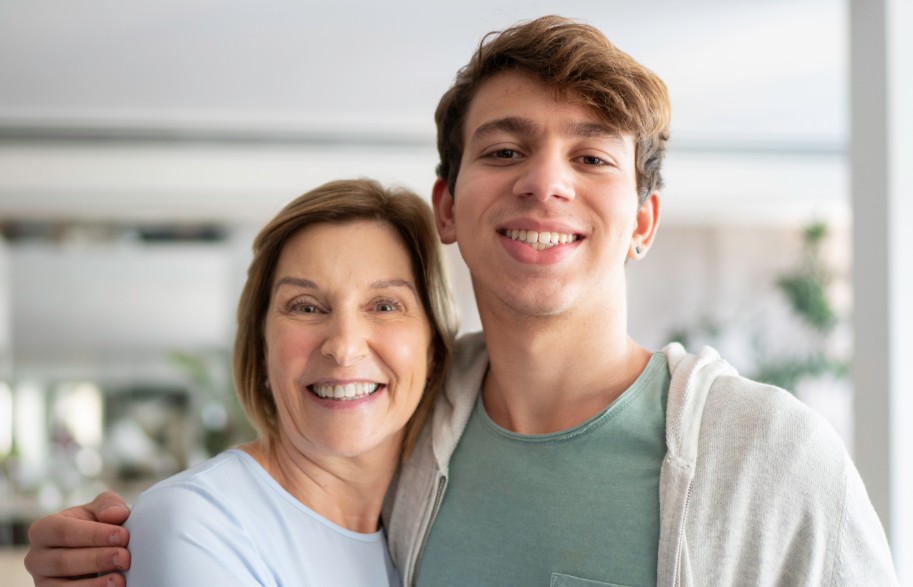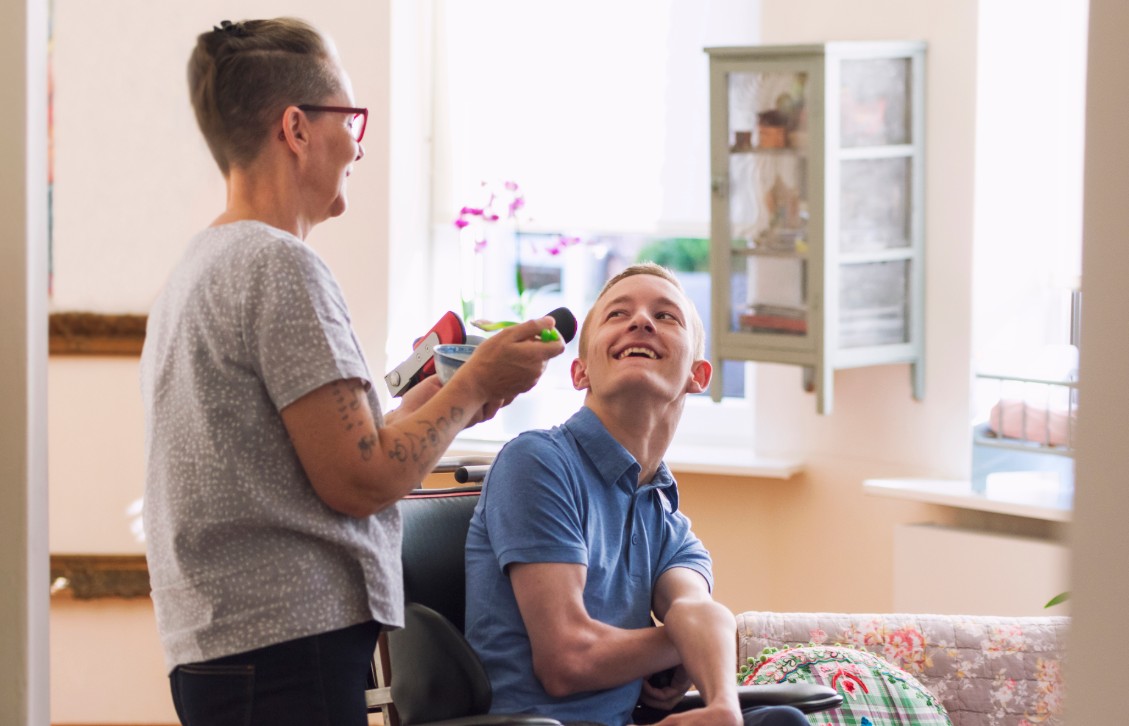
Gaining independence
Fast facts
-
1Independence isn’t just about living independently
-
2Lots of things can affect people’s ability to be independent: their age, maturity, how their epilepsy affects them, other health conditions, ability to work and earn money
-
3People with well controlled epilepsy have different needs than those who have uncontrolled seizures. Recognising how your epilepsy affects your daily life will influence decisions about independence
-
4Many young adults with epilepsy still live with their parents. And so do many young people without epilepsy
-
5Managing your epilepsy as best you can will increase your ability to be as independent as you want to be
Tips that may help you be as independent as possible
- Find out if alarms and monitors would help you
- Ask people to help you do things. You can decide how much help you want from them
- Make friends so you have a wider group of people to ask for help. There are some tips for making new friends on the friends’ page
- Look after existing friendships by helping your friends when you’re able to
- Identify any risks activities may have, then think about what you can do to minimise those risks
- Think about ways you might like to increase your independence and set goals to work towards
Safety equipment
Some people don’t like using safety equipment or aids because it makes them feel different. Other people find that using safety aids increases their independence and reduces their reliance on others.
There’s information about different safety aids and equipment on the safety page, including medical ID, alarms and monitors, trackers and apps.
“My mum used to phone me 10 times a day! Now I have a watch alarm she texts me about once a day.”
Getting around
Some people with epilepsy aren’t able to hold a driving licence. To find out if you are able to hold a licence look at the page about driving. If you can’t drive, there’s information about travel and public transport including tips for getting around without driving.

Feelings about independence
The people who love you want the best for you and to keep you safe. At times this might feel like they’re making choices for you, which can be frustrating. If it feels like this, remember they are only doing it because they care about you. Talk to them about how it feels and see if you can reach a compromise.
Can you find solutions that make you feel like you’re making your own choices and addressing their concerns at the same time?
Having epilepsy can affect people’s confidence and self-esteem. This can affect how people feel about becoming independent. Some people worry that they won’t be able to cope or that something may go wrong. We all learn from mistakes. It’s an important part of growing up. If your friends are more independent than you, don’t feel pressured that you have to be the same as them. Independence is different for everybody.
If your confidence is affecting your independence have a look at pages on The Epilepsy Space about confidence and self-esteem.
Stories by you
Read what Ally has learned on her journey to gaining independence.
Not everyone will go on to live independently. Here are some tips for gaining some independence if you don’t live independently.
If you live with family
- As teenagers turn in to young adults, some parents find it difficult to let go and let their children have the independence they want
- Talk about ways you can be independent while living under the same roof. This could be cooking your own meals, doing your own laundry and doing your share of the housework
- Show your family you can manage your epilepsy by taking your meds regularly/ avoiding your triggers
- Being independent can also mean contributing financially. It’s reasonable for the people you live with to expect you to pay a share of the bills. Find out more about money and benefits
- Agree how you’ll keep in touch with family when you’re out and about
- Gaining independence is a journey. Start with small things. If you family see that you are managing the small things well, they may be more relaxed about the bigger things you want to do

If you live in a care setting or supported living
- There are different types of accommodation and support available. This can help you to find a level of independence that works for you
- Care and supported living providers will work with you to create a care or support plan. Each provider may have different names or use other ways to describe the plan
- The plan should include how they will help you to be as independent as possible
- You get a say in balancing risk with having good quality of life
- If you find it difficult to say what you want, you could get help from an advocate to help you express your wishes. Search for advocacy services in your area on the internet or ask your care provider to get in touch with one for you

If you live independently or would like to, there’s a page with more info on living independently.
Supported housing
If you can’t live independently due to your epilepsy, could supported housing be an option for you? Supported living or supported housing is where support is provided alongside accommodation. The accommodation could be a shared house or your own flat. There are housing associations and charities that provide supported housing for different types of support needs.
Contact the housing service at your local council to find out what’s available in your area and if you would qualify.
Do something
Think of something you want to do to be more independent. Break it down into small steps. Make an action plan of how you’re going to achieve each step.
For example:
“I want to have more choice about the food we eat at home and cook more.”
- I’m going to talk to mum and step-dad about this
- Suggest I help with the food shopping every other week
- Look online for recipes that use a microwave and oven rather than the hob and pans so they are safer
- Agree with parents at the start of the week which nights I’m going to cook
- Send them a message if something happens during the day (have a seizure, don’t feel well or decide to go to a friend’s house) so they know the plans have changed







